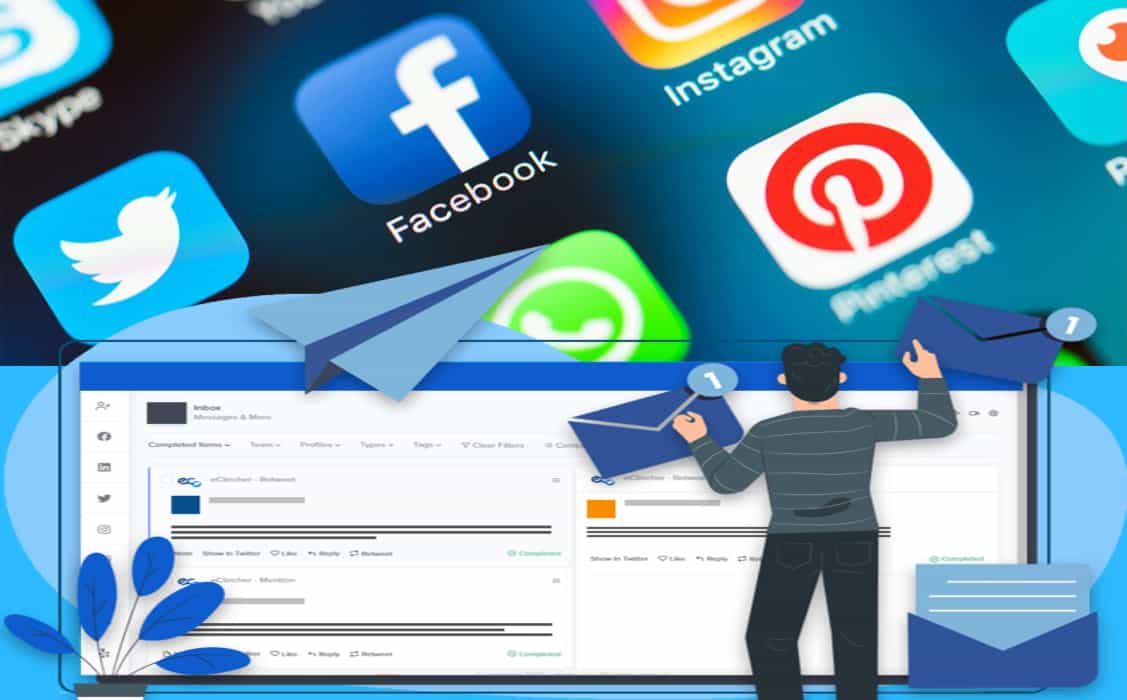6 January 2020 – Mesfin Awoke Bekalu, a researcher at the TH Chan Lee Kum Sheung Health and Happiness Center at Harvard School of Public Health, discusses a new separate study on the links between health and social well-being and mental health. .
What are the benefits of using potentially problematic social networks?
Our study provided preliminary evidence to answer this question. Using a nationwide representative sample, we assessed the relationship between two aspects of social media use: user use frequency and emotional connection to platforms. Having three health outcomes: social well-being, positive mental health and self-esteem health.
We found that regular use of social media, such as using social media as part of daily life and responding to content shared by others is positively associated with all three health outcomes. Emotional connections to social networks, such as excessive checklists, fear of losing, frustrated, or feeling disconnected from friends when they are not online, are negatively related to all three outcomes.
Overall, these results suggest that as long as we are careful consumers, normal use may not be an issue. In fact, it can be helpful.
Behavioral measures can help those who enjoy an unhealthy social environment. For example, programs that develops ‘stress management’ skills, such as the ability to self-regulate behavior, have proven to be very useful in solving problems online and on social networks.
We are accustomed to hearing that the use of social media is detrimental to mental health and well-being, especially among young people. Are you surprised to learn that this can have a positive effect?
The results go against what some might expect which is fascinating. We know that a strong social network is associated with positive mental health and well-being. The current use of social networks can compensate for the decline in direct social interactions in people’s stressful lives. Social networks can provide people with a platform that transcends distance and time barriers, allowing them to connect and interact with others, expand and strengthen their personal networks and interactions. In fact, this is confirmed by empirical evidence.
On the other hand, an increasing number of surveys have shown that the use of social networks is negatively associated with mental health and well-being, especially among young people – for example, it can help increase the risk of depressive and anxiety symptoms. .
Our results suggest that people’s use of social media may have a greater impact on their mental health and well-being than the frequency and duration of use.
How can you support young people?
Professionals do not always feel they have the knowledge or skills needed to communicate effectively with children and young people in their social space. This means that the online lives of children and young people often ignore the professional help provided offline.
Parents and professionals can no longer claim to be “too old” or “unrelated” to social media and the online world. This is the daily life of children and young people and you need to understand that we have the skills to discuss emotions, behaviors, and consequences – no need to master the technique.


